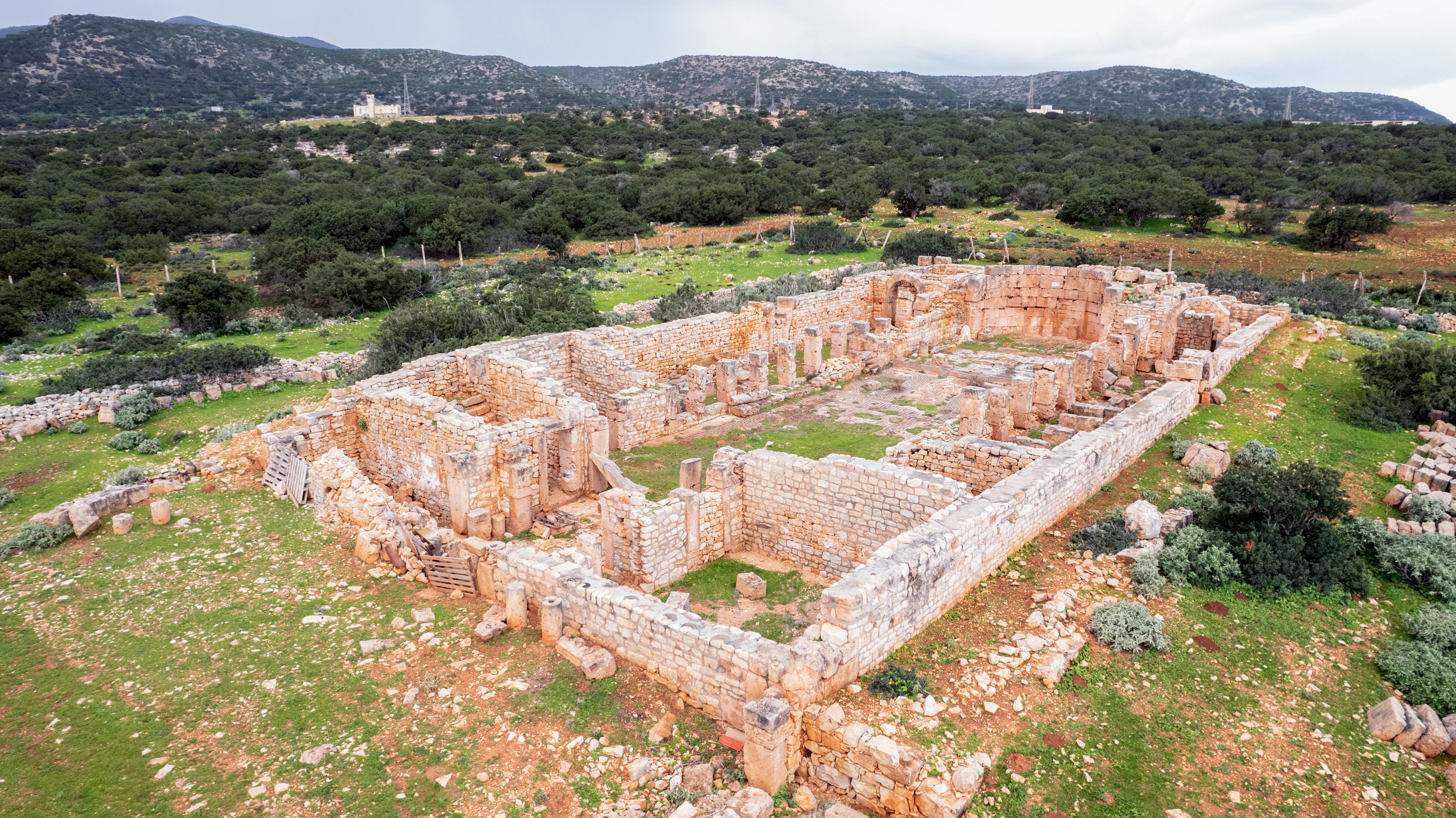
The Dark Legacy of Colonial Tourism: Uncovering the Hidden Stories of Exploitation and Injustice
The Dark Legacy of Colonial Tourism: Uncovering the Hidden Stories of Exploitation and Injustice
Introduction
Tourism is usually seen as a way to promote cultural diversity, economic growth and positive social outcomes. However, what is often overlooked is the dark legacy that colonial tourism left on the countries it visited. Many of these hidden stories involve exploitation, injustice and discrimination, which continue to affect these countries today.
Colonial Tourism and Exploitation
During the colonial period, tourism was used as a tool to reinforce colonial power and promote Western superiority. The rich culture and traditions of the colonised countries were presented as exotic and primitive, making the Western tourist feel superior. The colonial tourism industry also exploited local labour and resources, often paying workers low wages and using natural resources for their own gain.
Tourists who were attracted to the colonies were usually seeking a sense of adventure and thrills, which often resulted in them treating local people, customs and traditions as spectacle. This objectification of locals undermined their human dignity and reduced them to mere props for the entertainment of visitors.
Injustice and Discrimination
Colonial tourism also deepened the social, economic and political inequalities that already existed in the colonies. Tourists would often visit the wealthiest or most Westernized regions, reinforcing the power of the elites and marginalizing the poor. The tourism industry perpetuated this social injustice by creating opportunities only for the elites to profit, while depriving local communities of their rightful share in the industry's economic benefits. Additionally, the colonial tourism industry often promoted Eurocentric beauty standards, which led to discrimination against locals who did not fit these standards.
The Need to Uncover Hidden Dark Stories
Uncovering the hidden stories of exploitation and injustice is important for several reasons. Firstly, it helps promote a more honest and accurate understanding of colonial history and the legacy it left behind. Secondly, it highlights the need for reparations that acknowledge and compensate for the harm done by colonialism and colonial tourism. Thirdly, it promotes ethical tourism practices that do not perpetuate the conditions that led to exploitation and injustice in the first place.
Conclusion
The hidden stories of exploitation and injustice resulting from colonial tourism must be brought to light. This is the only way to acknowledge and compensate for the harm that was done, and to promote ethical tourism practices that benefit local communities. Only then can we ensure that tourism really does promote cultural diversity, economic growth, and positive social outcomes for everyone involved.
